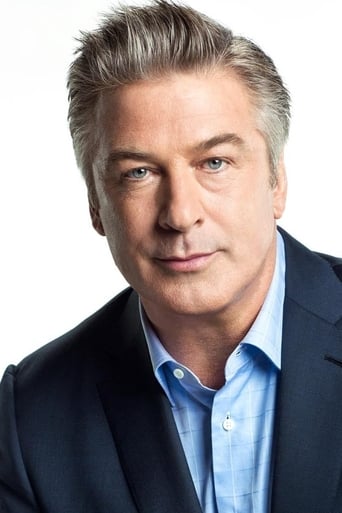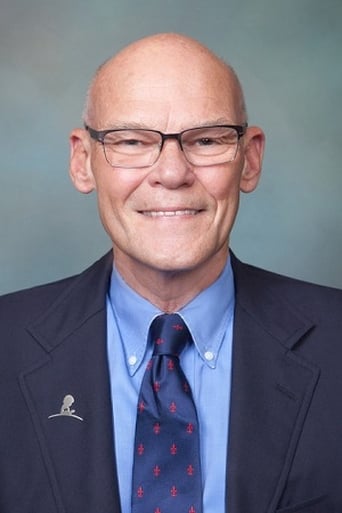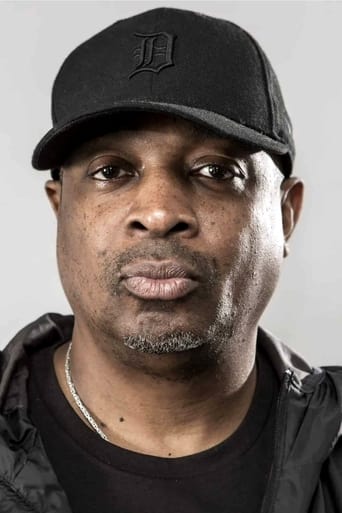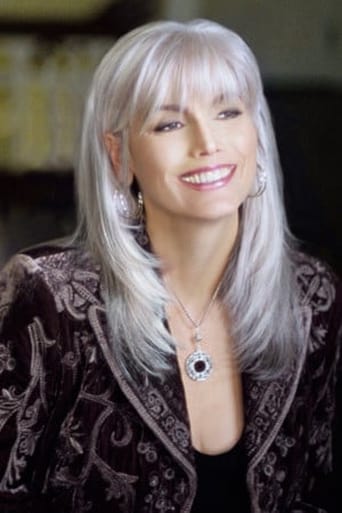Horst in Translation ([email protected])
"Promised Land" is the most recent filmmaking effort by award-winning American filmmaker Eugene Jarecki. It runs for 105 minutes and is of course a documentary movie that focuses mostly on Elvis Presley. And with that comment i want to say that this is also where the film was the very strongest, namely when it was entirely about the King, his art, his work, his struggles, his life and his views. I believe that one big strength here is that the film was pretty critical about him, also in terms of how he positioned, or did not position himself I should say, on global issues, while fellow other defining artists of their eras like Marlon Brando or Jane Fonda did not mind to get involved. Or the critical reference about how he basically only got as famous as he did as he took Black people's music and turned it into perfection and commercial success while these Black people had no chance to achieve the same because of racial prejudice, where I must say I was genuinely impressed by Chuck D's insightful comments on the subject because he really nailed it I think with his statement that offered all kinds of shades on the subject and not just black-or-white and I really liked that they also included people who were genuinely critical about Elvis. This is not a movie about adulation and praising him to the skies. Now I mentioned already one interviewee and these interviewees really were the ones who broke or saved the film. Ethan Hawke was as insightful as one could hope. Mike Myers impressed me too and his parallel abot Elvis having cloth over his head first that they would not see him and panick because of how much they loved him and later on about how he had the same cloth that he would not see how hardly anybody was there anymore was one of the best, saddest and most touching moments about the film. And then there is Ashton Kutcher who adds basically nothing but pretense and stays only memorable because of how some people next to him scream how much tehy love him. I have no idea why they included him, maybe to get younger audiences to watch the film? I don't know. But I would have preferred the film to take place completely without him. Same goes for Alec Baldwin, who in my opinion only used it to promote his SNL Donald Trump persona. The final statement by him and Hawke is really the perfect example how one nails it when Hawke elaborates on Presley's take on financial over creative decisions and Baldwin almost destroys it with the most random reference about President Reagan in the most desperate attempt to make this film as political as it can be. I already mentioned Trump and I really wished the film would not have elaborated on him at all because the filmmaker's intention to make a parallel between Elvis' demise and America's demise was nothing more than an attempt that in my opinion was doomed from the very beginning and it takes away a lot from this otherwise really inspired documentary that is at its best when it tries nothing other than giving an insight into who Elvis was and why he did what he did. The best example is when we have a bunch of Black Guys at a bar or so randomly talk about the evil that Mr. Trump brings upon America and with a reference back to said parallel, it also does not make any sense as these are the ones who really love Obama and this means that 2 years ago everything was great and glorious and perfect and honestly nobody can say that. It's another film that turns Trump into the big scapegoat the way media have been doing for a long time now without really offering anything substantial. But this film did not need to. It was really good enough otherwise for what it was. The only somewhat really good moment away from Elvis in here I liked is when we see a female interviewee talking about how basically nothing has changed in decades. Living costs are far higher, but people tend to forget, so they are tricked into believing that the economy is on their side only because their wages and salaries are higher. That was really a very smart statement that got me thinking a lot. Is being tricked into thinking we're fine not even worse than not being fine? Or is it better if we don't see through this scam? It's up to you to decide. Overall, this documentary gets a thumbs-up for me. I am still disappointed with how many wrong notes it hit and how it did not turn out as essential as I wanted it to be, even if I take a great deal of positivity for me from watching it. Go see it.





